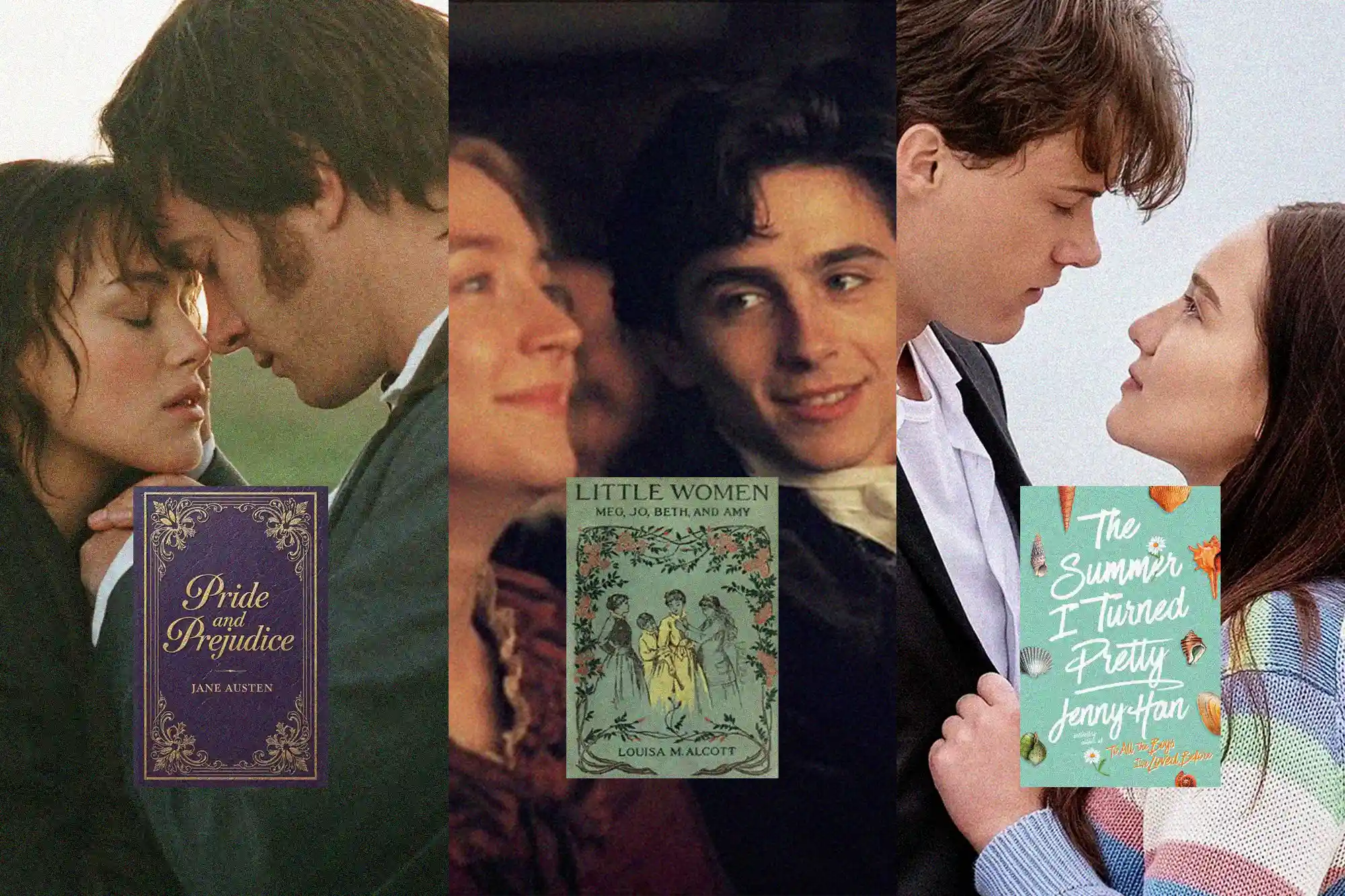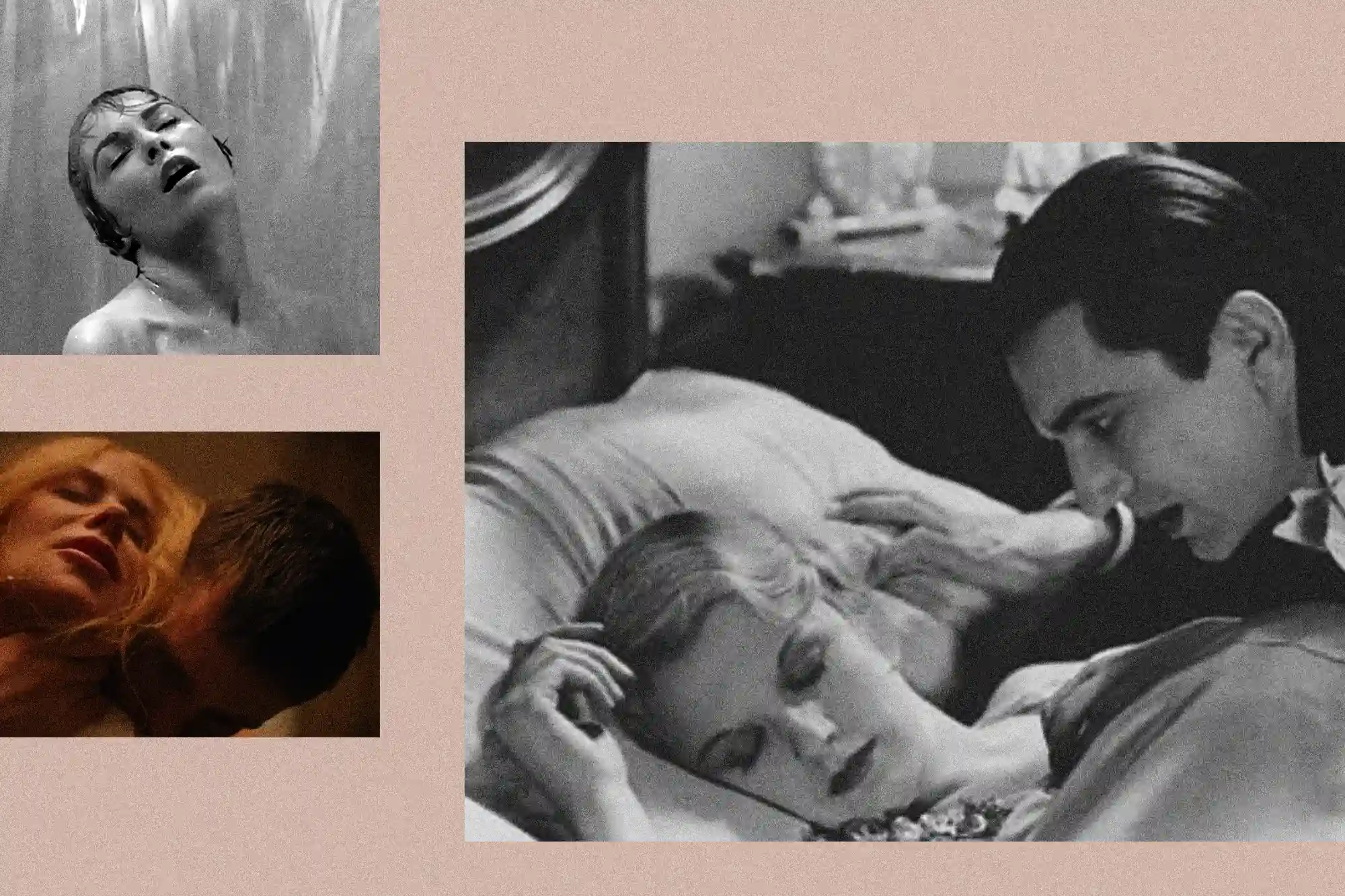He’s sensitive, he’s misunderstood, his heart will always be yours—just as she intended. The phrase “Men Written by Women” has taken the Internet by storm in the past few years. Considered the ultimate compliment a woman can bestow, Men Written by Women have become a quasi-Manic Pixie Dream Girl for the feminine interest, speaking to a shared desire for (supposedly) fictional men that are practically perfect in every way. Yet long before Conrad Fisher put Belly Conklin’s happiness above his own, there was Mr. Darcy’s humble quest for redemption. This begs the question: What are the key elements of Men Written by Women? And how have modern writers taken this trope and repackaged it to fit contemporary sensibilities?

Manic Pixie Dream Girl—Is It a Fair Comparison?
Men Written by Women has been compared to another contentious trope: the Manic Pixie Dream Girl. This phrase, coined by film critic Nathan Rabin, was originally created in response to Kirsten Dunst’s character in Elizabethtown (2005), of whom he said she “exists solely in the fevered imaginations of sensitive writer-directors to teach broodingly soulful young men to embrace life and its infinite mysteries and adventures.” The term, unsurprisingly, morphed into a derogatory dog whistle of sorts, an easy way for culture analysts to demean female characters and reduce them to muddled nonsense. Rabin himself has gone on record as regretting this unintentional legacy of his, deriding the misogynistic overuse that populates critical media.
Now, of course, Men Written by Women have been cast in a positive light, immediately separating them from the tarnished affiliations of the Manic Pixie Dream Girl. Yet, the idea of an imaginative being that only exists in the mind of its author still holds some merit. Popular online communities such as BookTok and Bookstagram are obsessed with “Book Boyfriends,” and by extension, “Men Written by Women.” When scrolling social media, one sees an influx of posts joking about the futility of dating apps when men like Gilbert Blythe or Charlie Lastra exist only a page turn away. Clearly, there is a market to be had for the fantasy of a “good man.”
Perhaps the truest distinction between these two character tropes is the qualities that make up their character. While the features of the Manic Pixie Dream Girl tend to be viewed pejoratively (i.e., a quirky, lively woman with seemingly endless time to devote to the bland male protagonist’s one-note journey), Men Written by Women are instead marked by enviable characteristics (i.e., an endless devotion to the female protagonist’s needs and a heavy dose of emotional intelligence). This last element, emotional intelligence, is the primary driving force behind the popularity of Men Written by Women, opening up a larger conversation into the traditional social conditioning of men vs. women. While some men may desire characters like the Manic Pixie Dream Girl due to their servility, women drift toward Men Written by Women because they lack such degrading views. At his core, the Man Written by a Woman exists to support his lady love, never to demand from her.
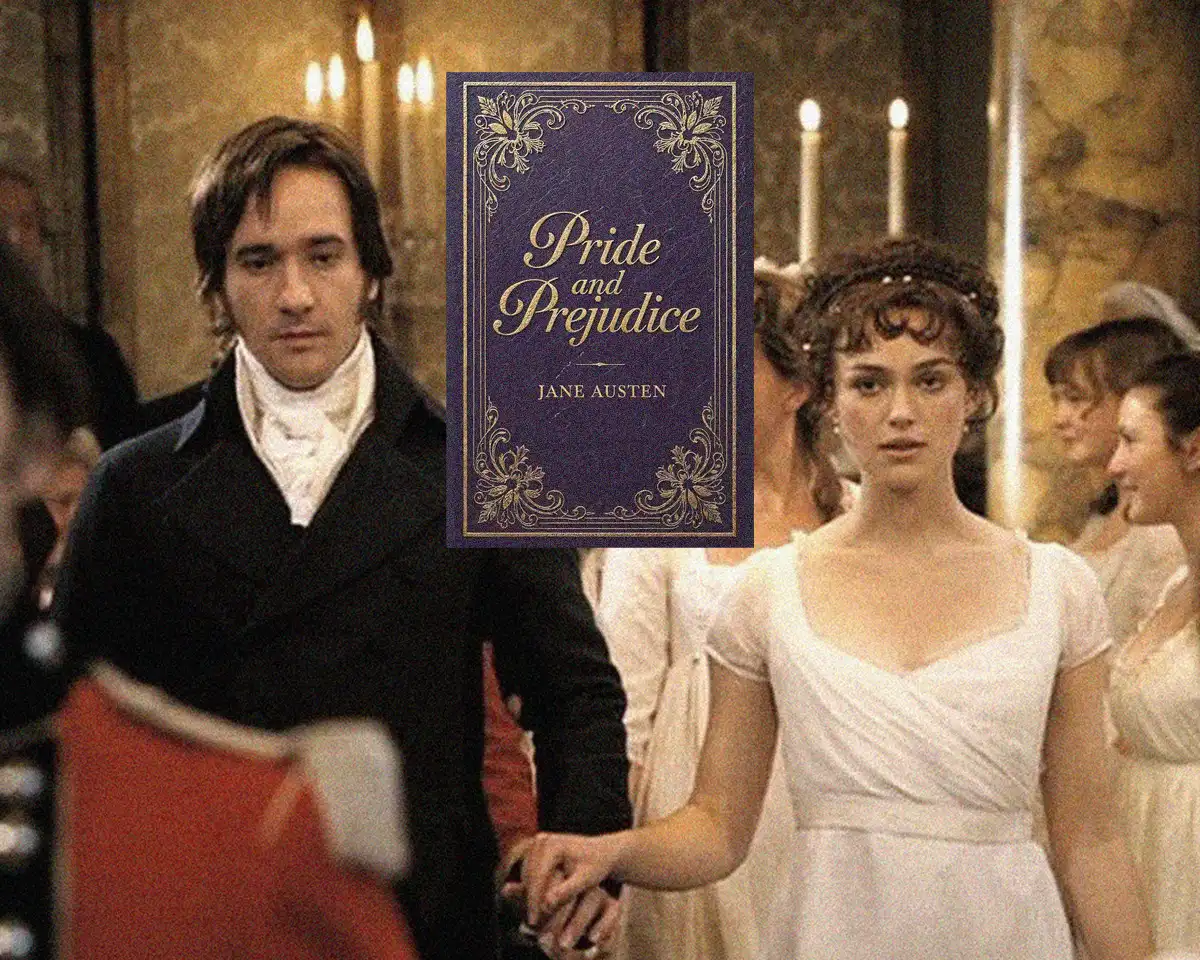
Classic Lit: The Dashing Heroes That Set the Stage
Long before BookTok permeated literary spaces, classic authors like Jane Austen and Louisa May Alcott provided the blueprint for Men Written by Women. The most famous example, of course, is Austen’s Mr. Darcy from Pride and Prejudice (1813). Readers, along with Lizzie Bennet, are shocked to discover that deep down, the anti-social Darcy, who refuses her at the Meryton Assembly Ball, secretly harbors a wealth of emotions and a heart that always remains true. Though Darcy’s first proposal is famously disastrous (he really did say, “I love you despite your personality”), Lizzie’s rejection and dressing-down of his character force him to contend with his faults and change for the better.
“‘If you will thank me,’ he replied, ‘let it be for yourself alone. That the wish of giving happiness to you, might add force to the other inducements which led me on, I shall not attempt to deny. But your family owes me nothing. Much as I respect them, I believe, I thought only of you.” —Jane Austen, Pride and Prejudice
Mr. Darcy works tirelessly to right the wrongs he has caused Lizzie, giving his time and even his money to the endeavor of securing her happiness. It is this very devotion to Lizzie’s feelings that ultimately leads her to fall in love with him, in turn. Here, we see the foundation of the “misunderstood” aspect of the Man Written by a Woman. To the rest of society, Darcy is merely a stern, slightly unpleasant person. Yet, for the woman he loves, she is able to access a side of him hidden from all others.
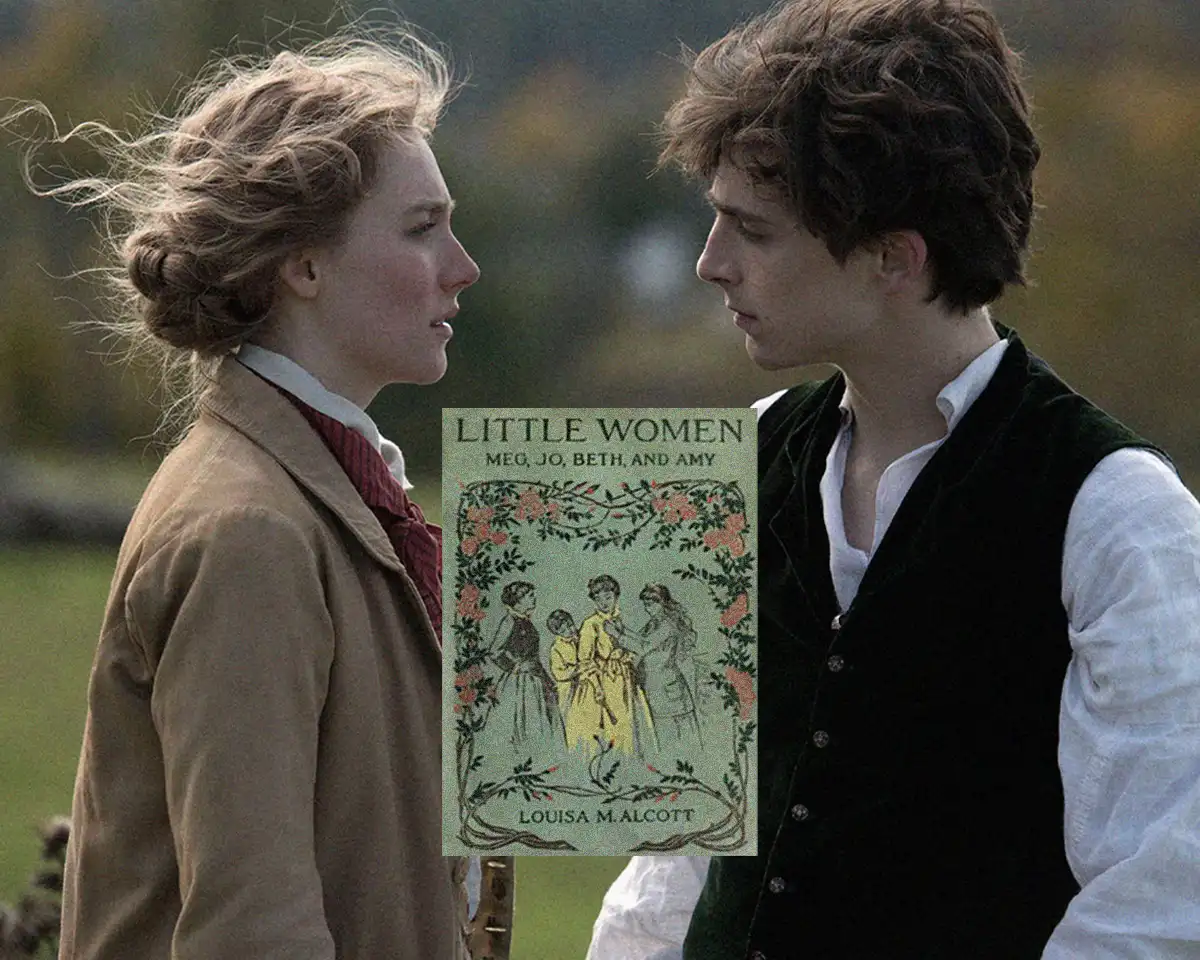
In Louisa May Alcott’s Little Women (1868), Theodore “Laurie” Laurence also takes on a journey of self-reflection for the sake of proving himself to a woman in his life. When Laurie first reunites with the young Amy March in France, her previous childhood adoration for him melts in the harsh reality of adulthood. Still reeling from Jo’s rejected proposal, Laurie has succumbed to his despair, drinking and carrying on in an abhorrent manner. Amy, like Lizzie Bennet, chastises Laurie’s behavior, saying, “I despise you.” Her harsh, if deserved, speech compels him to once more be a man worthy of her praise. Though Amy’s criticism initially spurs Laurie to make himself over into a man worthy of Jo, the more he irons out his flaws, the more he comes to realize that “winning Jo” is no longer the primary motive.
“Jo wouldn’t love him, but he might make her respect and admire him by doing something which should prove that a girl’s ‘No’ had not spoiled his life.” —Louisa May Alcott, Little Women
Once Laurie discards his unrequited obsession with Jo, he is finally able to regain his self-respect, ultimately setting him on a much more rewarding emotional journey. Laurie embodies the “sensitivity” of the Man Written by a Woman. Between his artistic tendencies and his romantic ideals, his open heart is a favored characteristic that has brought many a reader back to his story. Laurie’s other addition to Men Written by Women is his acceptance of Jo’s autonomy in her romantic life. This idea of letting the woman go in favor of focusing on his personal growth foreshadows the transformation Men Written by Women would undergo in the modern era.
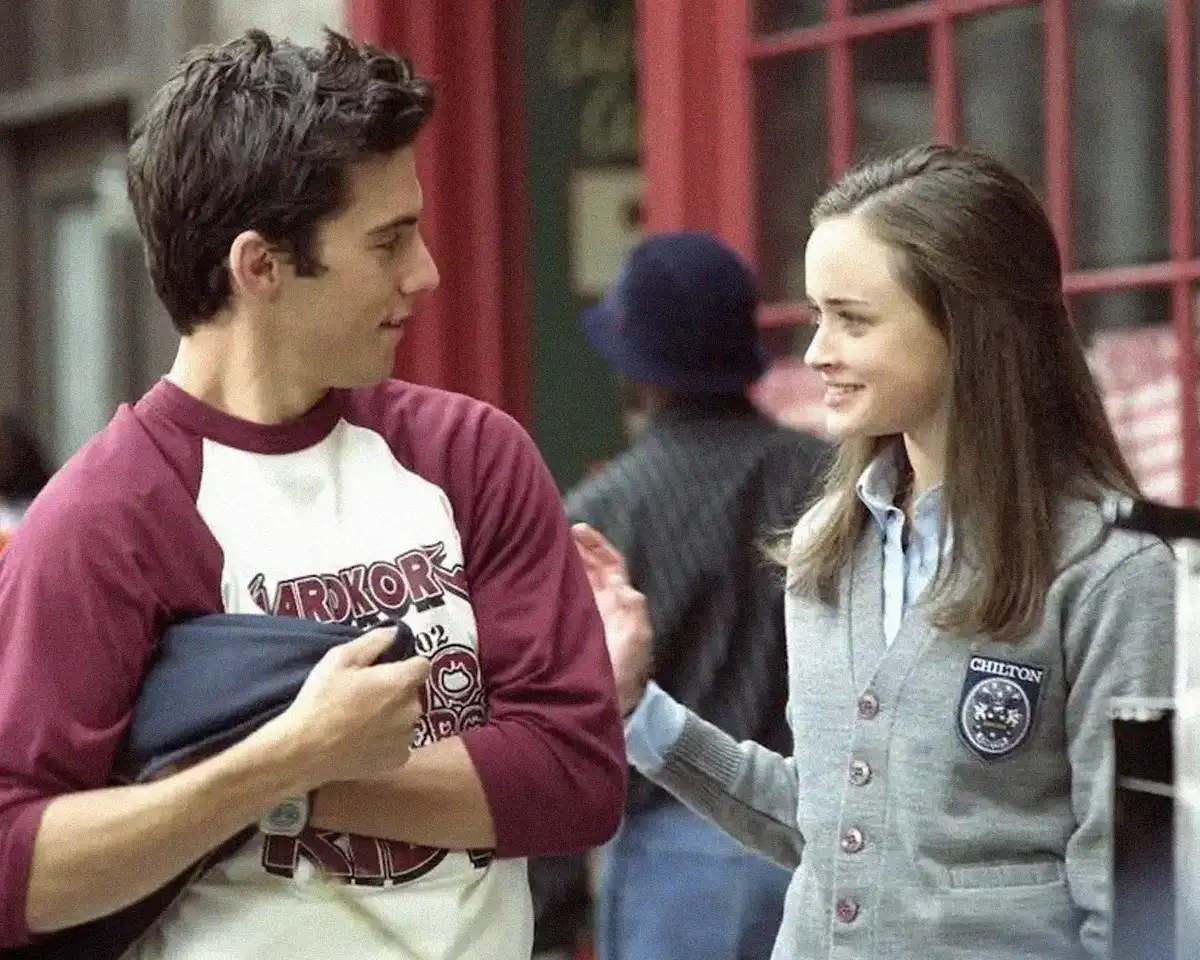
A Modern Twist on an Old Desire
In discussing Men Written by Women, it would be remiss not to mention Jess Mariano from Gilmore Girls (2000–2007). Created by Amy Sherman-Palladino, Jess is, though not adapted from a novel, never without a treasured J. D. Salinger or Allen Ginsberg paperback in his back pocket. This “sensitive, misunderstood man” is first introduced as Luke’s troubled nephew in desperate need of positive reinforcement. Though the entirety of Stars Hollow attempts to convince Jess that he is destined for nothing, Luke and especially Rory encourage him to look beyond his psychological confines. When Jess returns in the sixth season, we see a changed man who has joined an indie publishing house and written a book titled The Subsect. His change in demeanor and spirit is immediately noted, and he owes it all to Rory’s influence.
Jess’s final appearance in the revival series, Gilmore Girls: A Year in the Life (2016), sees him returning the favor. Now he is the one encouraging Rory to pull out of her slump and write her own book. While he still harbors romantic feelings for her—as seen in his iconic final shot where he gazes at her wistfully through her front window—he does not burden her with these emotions, nor does he expect anything from her. This demonstrates tremendous growth from his youth, when he believed that he could only be healed if she ran away with him.

Conrad Fisher is the latest Man Written by a Woman to captivate the hearts and minds of female readers. First appearing in Jenny Han’s The Summer I Turned Pretty (2009), he was later brought to the screen in the Prime Video series that ran from 2022–2025. Conrad is an amalgamation of the Men Written by Women who came before him, blending the qualities of Jess, Laurie, and even Mr. Darcy. Like Darcy, Conrad is a stoic, closed-off individual to anyone except his love, Belly Conklin. Similar to Laurie, Belly’s illusion of Conrad as the great romantic hero of her childhood is shattered first in The Summer I Turned Pretty and again in It’s Not Summer Without You (2010). Along with Jess, Conrad represents a new phase of emotional maturity for the Man Written by a Woman, namely in his approach to relationships and his respect for Belly’s romantic autonomy.
“If I kept you with me, I was going to hurt you somehow. I knew it. I couldn't have it. So I let you go.” —Jenny Han, We’ll Always Have Summer
The final novel of the trilogy, We’ll Always Have Summer (2011), presents a changed Conrad, one who, though wounded by his past failures and the curse of having to watch his brother marry his soulmate, strives to better himself. In the two years since It’s Not Summer Without You, Conrad has consulted a therapist and begun tackling his mental health. Though he loves Belly deeply, he accepts that she has moved on from him, only interfering with her relationship when he learns of his brother’s infidelity. Notably, the TV adaptation has Conrad apologize for this outburst, marking yet another change towards emotional maturity in modern iterations of Men Written by Women. It is no longer enough to merely do good things for the woman he loves; now, the Man Written by a Woman must also do them for himself.
Men Written by Women have existed for ages and will always have a strong presence in the bookish world. They represent women’s hidden romantic desires, and each iteration speaks to societal dysfunctions of the era. In the classic examples, the ultimate wish was a man who would lay everything aside for the woman he loved, sacrificing everything to win her heart. This was controversial in an age where marriage was considered inevitable, and women often had little to no say in their partners. Modern versions instead focus on autonomy and emotional intelligence. Now, Men Written by Women are desired for their maturity, with the understanding that he cannot devote himself to a romantic relationship without first dedicating that same spirit to his own personal growth. This key difference goes hand in hand with an overarching societal shift toward mental health advocacy and a broader understanding of consent practices in relationships. Ultimately, Men Written by Women are tried and true literary figures who will not be disappearing anytime soon.



